Storms strike Labor-Greens greenhouse gas emissions deal
The PM’s deal with the Greens could put at risk Labor’s target of net-zero emissions by 2050 and force companies to spend billions on offsets and low-emissions technologies.
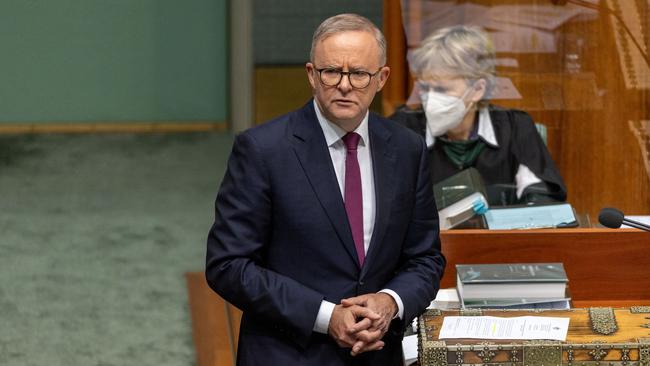
Anthony Albanese’s climate deal with the Greens to cut 205 million tonnes of greenhouse gas emissions at Australia’s biggest-polluting facilities could put at risk Labor’s target of net-zero emissions by 2050 and force companies to spend billions on offsets and low-emissions technologies.
The gas industry on Monday warned that the Prime Minister’s signature climate policy, forcing 215 big-emitters to slash emissions by nearly 5 per cent each year out to 2030, could drive up costs for households and businesses if new gas supply is restricted.
The agreement, which includes a hard cap on total emissions and ensures passage of the safeguard mechanism crediting legislation through the Senate ahead of the scheme starting on July 1, ignored Greens’ demands to ban new gas and coal projects.
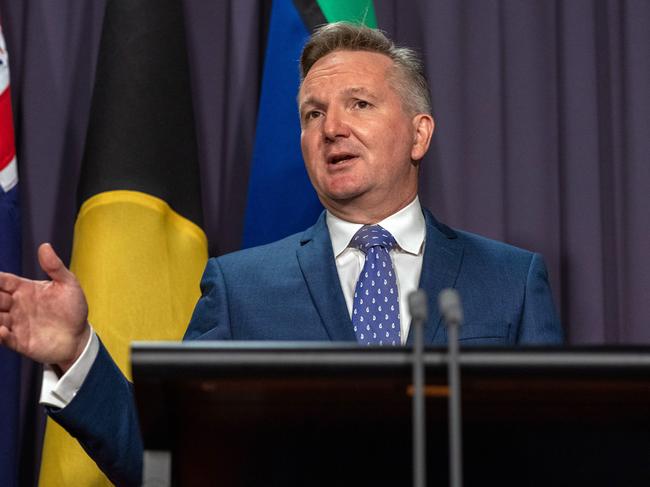
After Climate Change Minister Chris Bowen and Adam Bandt struck the deal, Mr Albanese rejected suggestions that agreeing to the Greens’ 13 amendments would force up power prices or have an impact on energy supply.
Despite Mr Bandt claiming the deal delivered a “huge hit” to fossil fuels and would stop about half of the 116 new coal and gas projects in the pipeline, Mr Albanese said the safeguard mechanism would not kill off future investment.
“We have had discussions … not just with people in this building, but people outside this building, whether it be the manufacturing sector or whether it be the gas industry,” the Prime Minister said. “You will note that the demands that were placed on us of ruling out future projects are ones that we said we wouldn’t agree with, and we haven’t.”
As Mr Albanese attempted to ease concerns among coal, gas, steel, aluminium, chemical, transport and other industries captured under the safeguard mechanism, the peak oil and gas lobby group attacked the Labor-Greens deal.
The gas industry is warning that greater regulatory burdens and huge costs associated with developing low-emissions technologies would stall or stop the opening of new gas fields, meaning Australia relied on dirtier fossil fuels for longer.
Writing in The Australian, Australian Petroleum Production and Exploration Association chief executive Samantha McCulloch said Labor’s target of net-zero emissions by 2050 was at risk and warned that government policies and regulations were having an impact on energy prices.
“The safeguard mechanism reforms, aimed at achieving net zero, could actually push national and international climate targets further away, and make the cost to get there even greater,” Ms McCulloch writes.
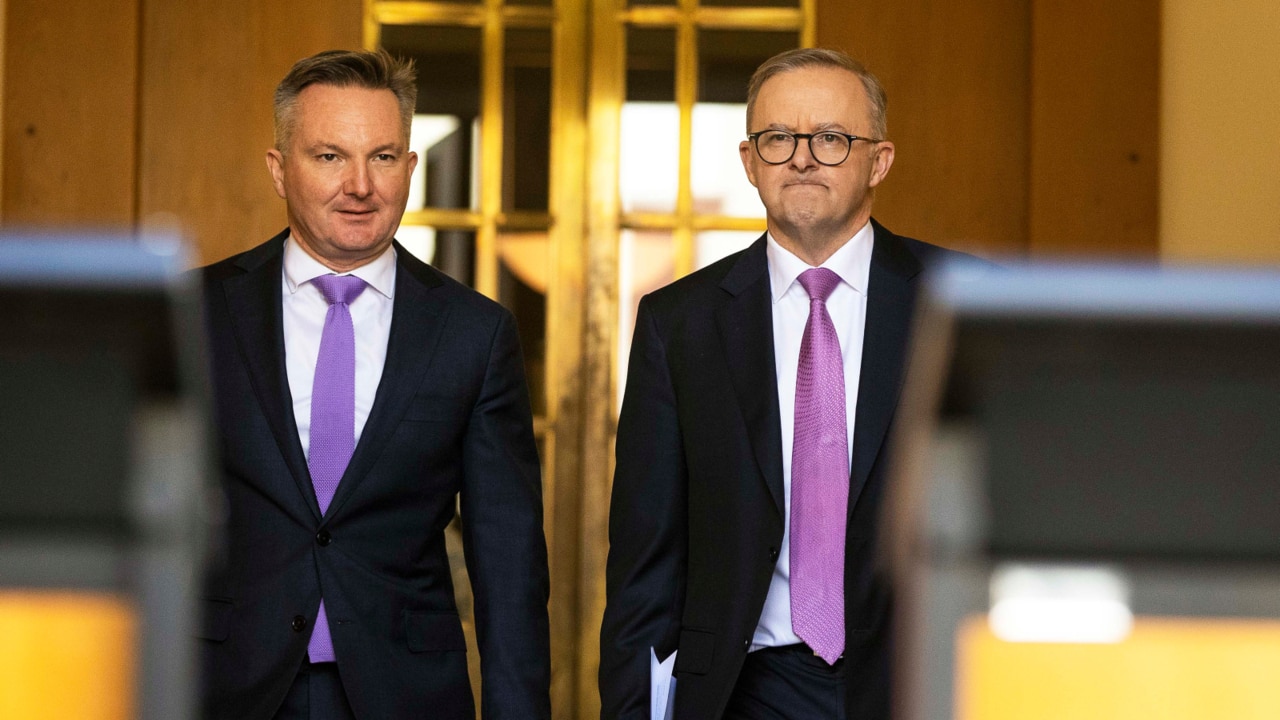
“At an energy-security and cost-of-living level, new gas supply is needed because it can help avoid the forecast shortfalls identified by the ACCC and AEMO and put downward pressure on prices.”
Australian Pipelines and Gas Association chief executive Steve Davies said “questions remain over whether the new restrictions on gas supply will increase costs for households and businesses”. Mr Davies raised concerns over whether the deal would “further restrict much-needed gas supply and increase the cost-of-living of all Australians”.
“While we welcome the certainty of the safeguard mechanism, there are questions over whether the flow-on effects of any additional restrictions on gas supply will be borne by Australian households and businesses who are already facing major increases to energy bills due to the transition,” Mr Davies said.
Mr Bowen, who agreed to Greens amendments that strengthened the integrity of carbon credits and transparency frameworks, said: “We always wanted aggregate pollution, absolute pollution, to come down.”
The Australian understands the deal reflected measures Mr Bowen was already pursuing.
Amid recent AEMO warnings of looming supply shortfalls and blackouts, Mr Bowen said he had rejected calls to ban new gas.
The Climate Change and Energy Minister pledged to protect hard-to-abate sectors and assured the manufacturing, cement and aluminium sectors they would be supported under the changes.
Labor has committed $1bn in funding for manufacturing and trade-exposed industries through the Powering the Regions Fund, including an extra $400m for industries that provide critical inputs for clean energy industries.
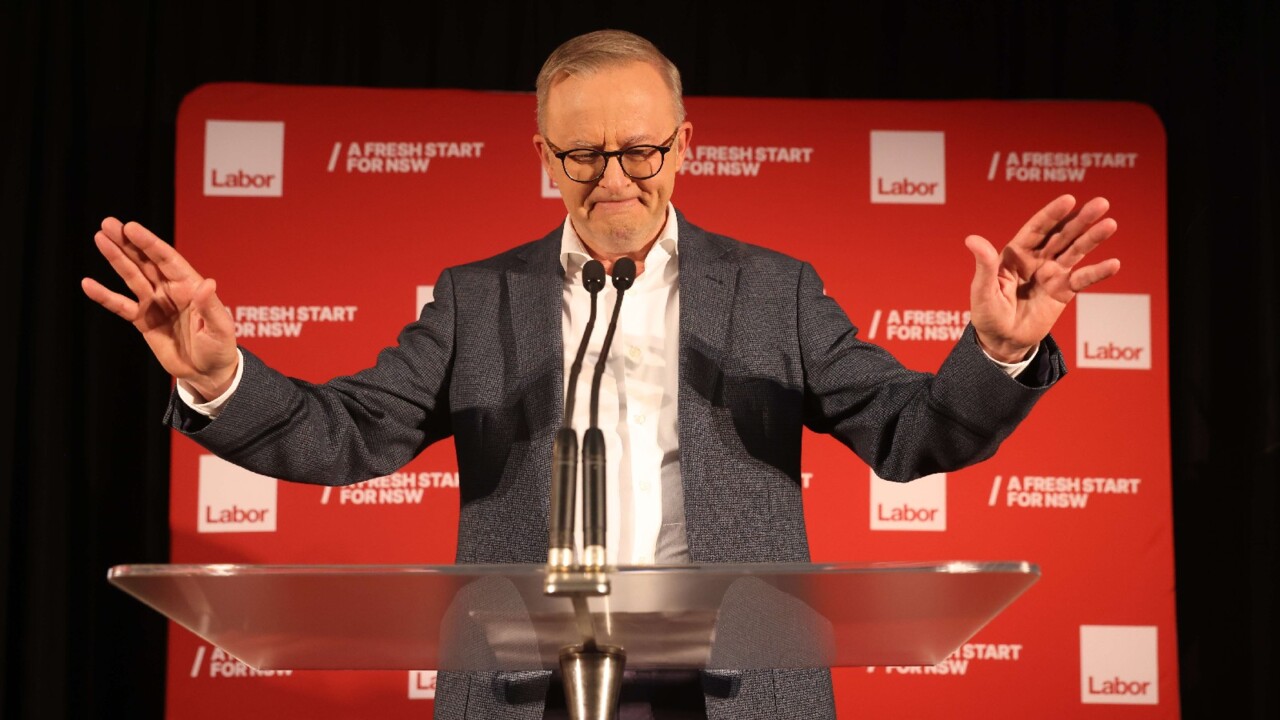
“(These changes) really they do two things: they strengthen accountability, transparency and integrity of the scheme, and secondly, provide extra support for those strategic manufacturing industries that are so important for our economy and so important for our transition as well,” Mr Bowen said.
Opposition climate and energy spokesman Ted O’Brien said the deal between Labor and the Greens would put “a hard cap” on growth of the economy.
“This is not a plan to decarbonise the Australian economy but rather a plan to deindustrialise it,” Mr O’Brien said. “This is a carbon tax on prosperity and this will lead to an offshoring of emissions.”
Minerals Council of Australia chief executive Tania Constable, representing mining giants including BHP, Rio Tinto, Glencore and Whitehaven, rubbished Greens’ claims that 116 projects would be hit by their changes to the safeguard mechanism.
“The Greens’ rhetoric is concerning and very unhelpful,” Ms Constable said. “The 116 projects that they’re referring to, that’s a list of potential projects, everything from exploration through to development, and a lot of those projects are not going to get up for various reasons as companies make final investment decisions.”
She rejected Greens’ claims that existing coal and gas would be frozen out from government support funds and said miners were seeking “minimal change” to Labor’s proposed safeguard mechanism reforms.
Mr Bandt said the hard cap on emissions would force coal and gas companies to limit their emissions or be in breach of law.
“Not only that, but for the first time, new projects that are proposed to enter the system will have to pass a pollution test,” the Greens leader said.
“There will be a safeguard trigger in the legislation that means that if new projects coming in look likely to breach the cap, then the minister has to do something about it. The Minister will have the powers under the legislation to take steps to stop the pollution going up including potentially stopping the project by putting restrictions on them.”
Mr Bandt conceded the Greens had failed to stop Beetaloo Basin gas projects.
More Coverage
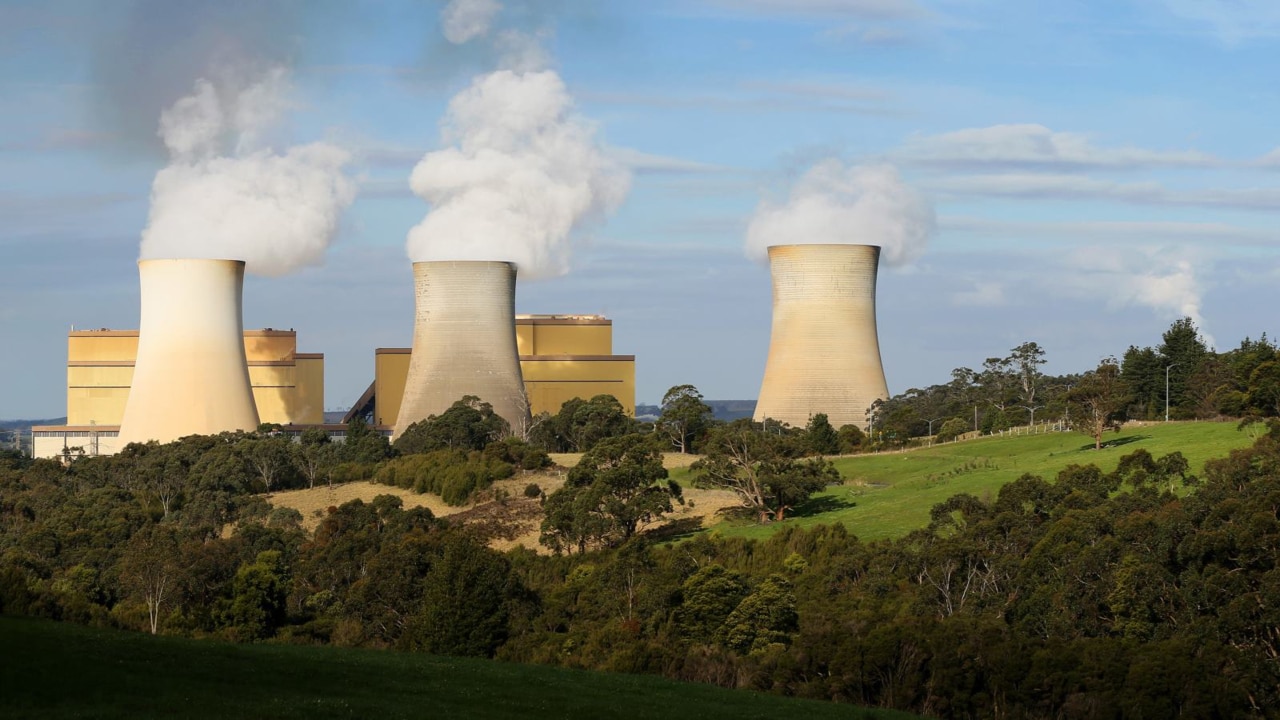

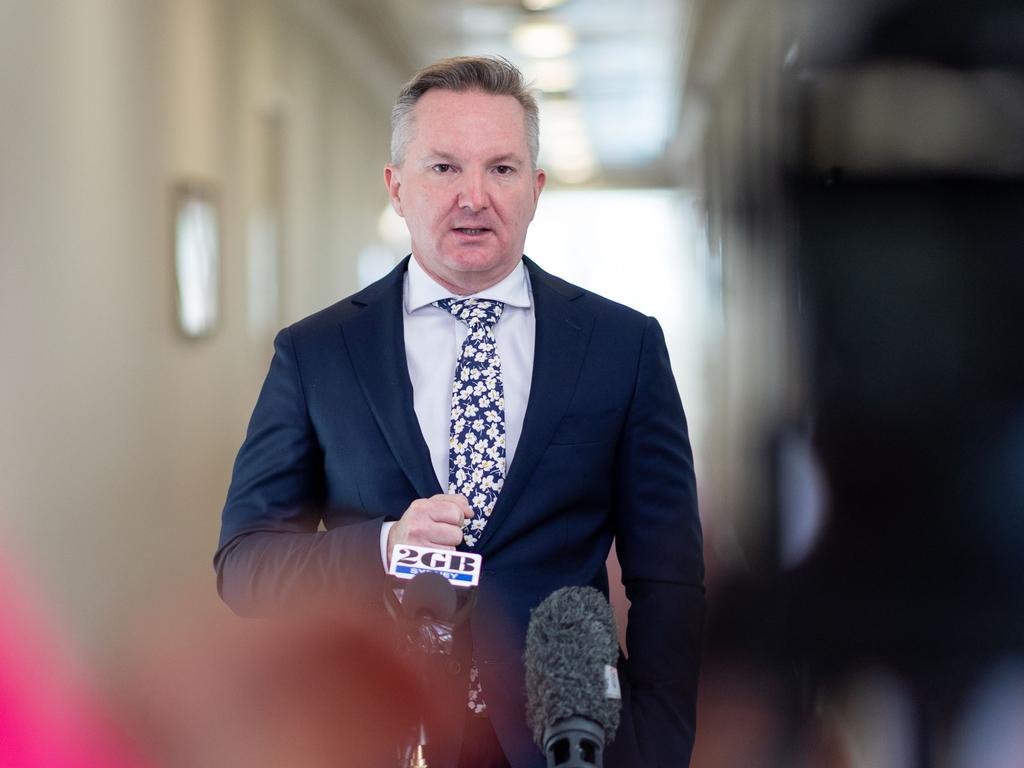
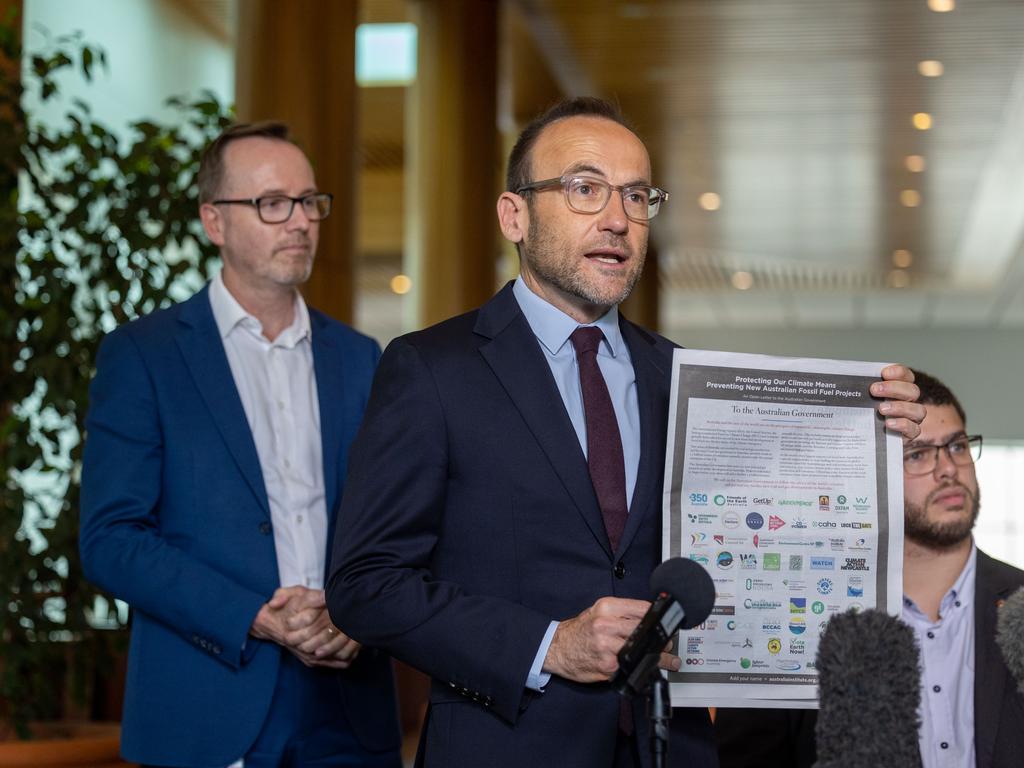


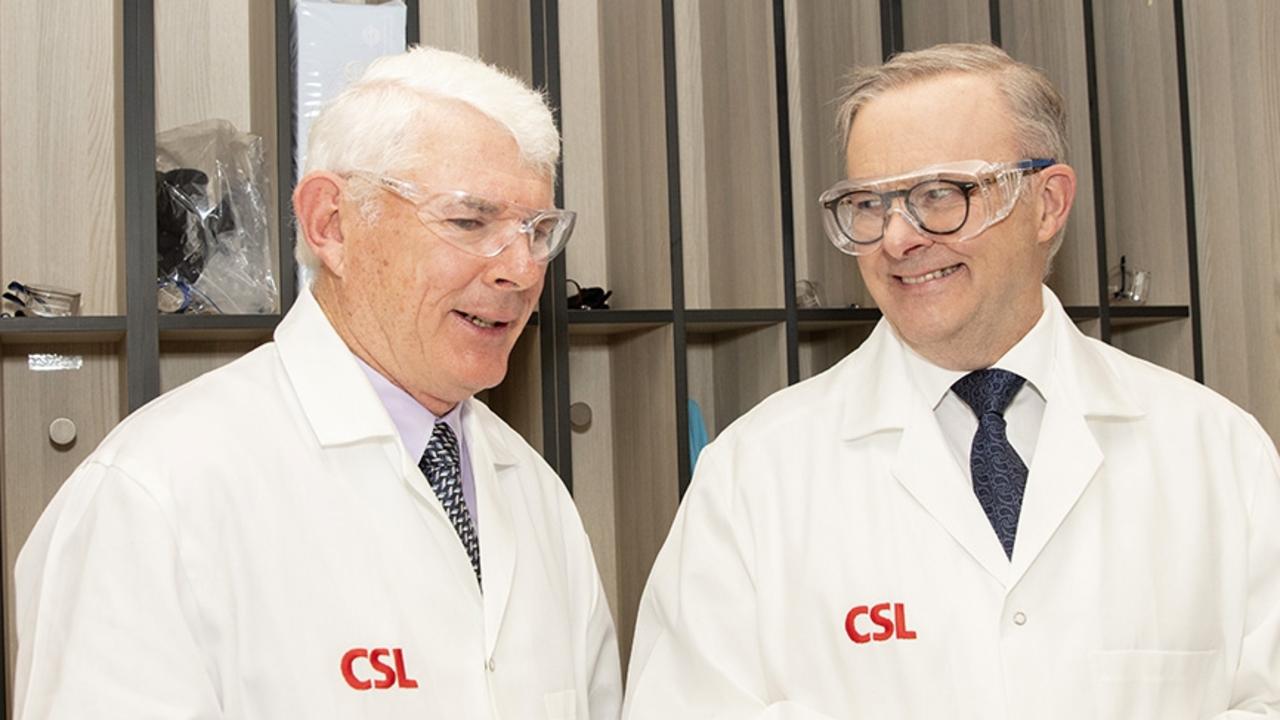
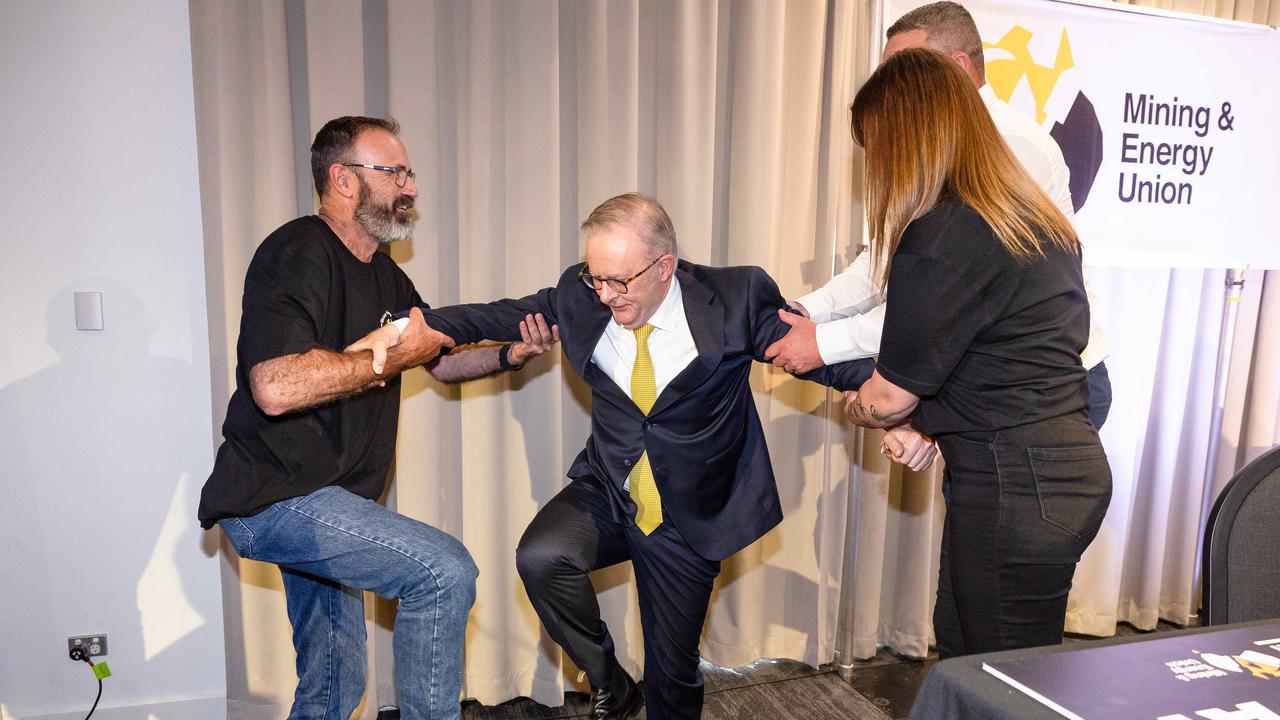
To join the conversation, please log in. Don't have an account? Register
Join the conversation, you are commenting as Logout